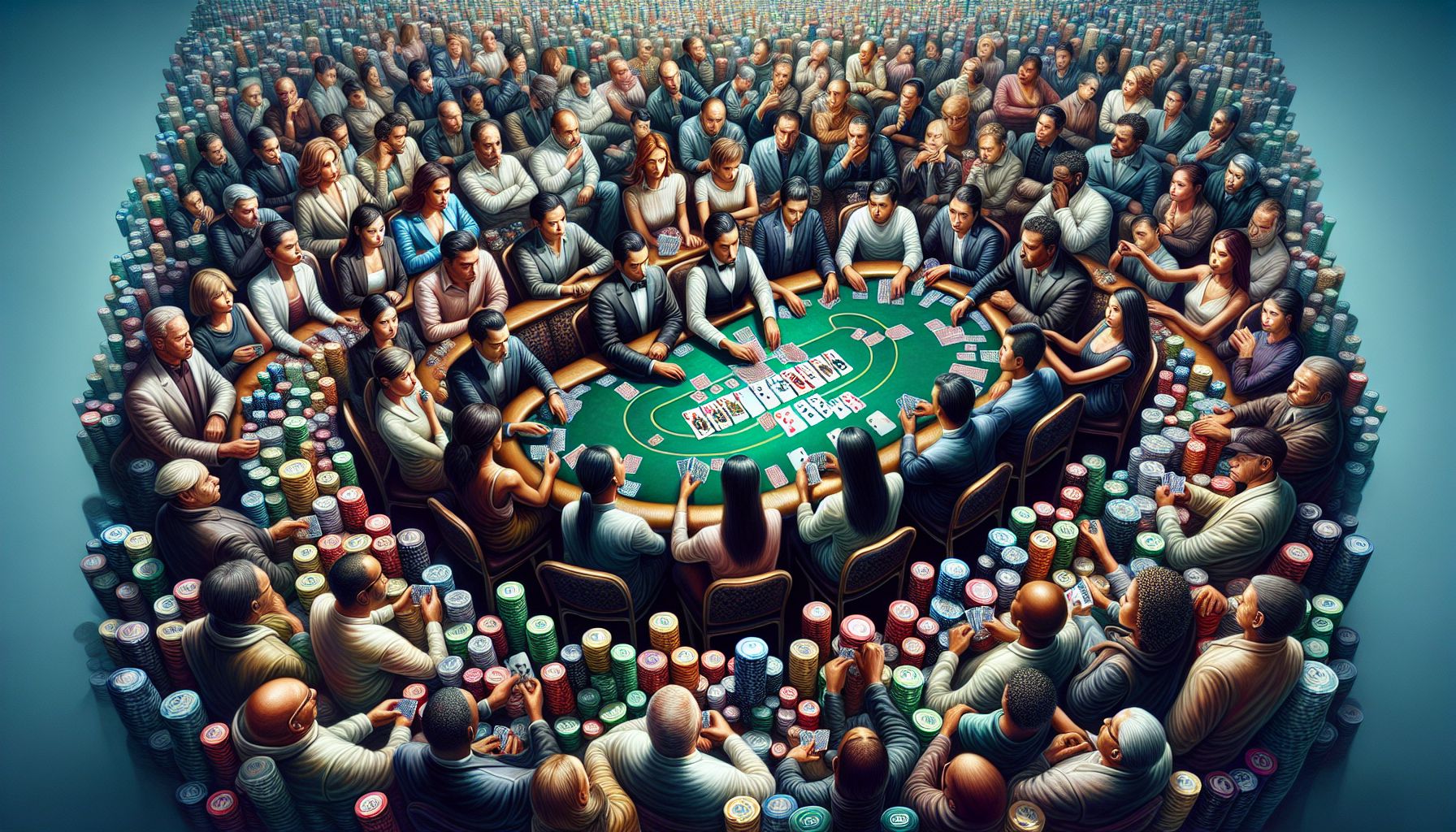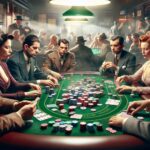If you’re someone who enjoys a good game of cards and the thrill of placing bets, then it’s likely that poker holds a special place in your heart. Poker is not just a game of chance; it’s a complex mind game that requires strategy, psychological warfare, and a keen understanding of human behavior. In this article, we will delve into the intricacies of poker and discuss why it’s more than just a gambling pastime.
The Poker Face: Unveiling the Mind
One of the most iconic aspects of poker is the concept of the “poker face.” It refers to the ability of players to control their facial expressions and body language in order to conceal their emotions and intentions. The poker face is an essential tool that separates the novices from the pros. It allows players to bluff, deceive, and manipulate their opponents into making poor decisions.
Mastering the art of the poker face involves understanding the psychology behind it. It’s about negating the unconscious cues we give away when we’re anxious, excited, or frustrated. It’s about keeping a cool composure even when your heart is racing. Developing a strong poker face requires practice, self-awareness, and a pinch of natural inclination.
The Game Within a Game: Strategy and Skill
Poker is not a game for the faint-hearted. It’s a game that demands both skill and strategy. While luck certainly plays a role, it’s the players who can consistently make calculated decisions who will come out on top.
Strategic thinking is at the core of poker. Understanding the odds, knowing when to hold or fold, and reading your opponents are skills that separate the winners from the losers. A successful poker player must be able to analyze the current situation, assess the risks, and make informed decisions based on available information. It’s a delicate balance of intuition and logic that keeps players engaged and constantly adapting their approach.
Beyond the Cards: Psychology and Perception
Poker is not just about the cards in your hand; it’s about your ability to read the other players at the table. Understanding psychology and human behavior is a crucial aspect of the game. It’s about being able to decipher someone’s intentions based on their gestures, expressions, and betting patterns.
In poker, perception is reality. Skilled players use deception and manipulation to make opponents second-guess themselves and make mistakes. By creating an illusion of strength or weakness, players can control the dynamics of the game, leading their opponents down a path of their choosing.
Conclusion
So, the next time you sit down at a poker table, remember that you are not just playing a game of cards; you are engaging in a multifaceted mind game. From the art of the poker face to the strategic decision-making process, poker is a game that challenges your mind, hones your skills, and pushes you to think outside the box.
Embrace the psychology, master the strategy, and always remember that in the world of poker, knowledge and skill will ultimately trump luck. So, ante up, and let the games begin!



